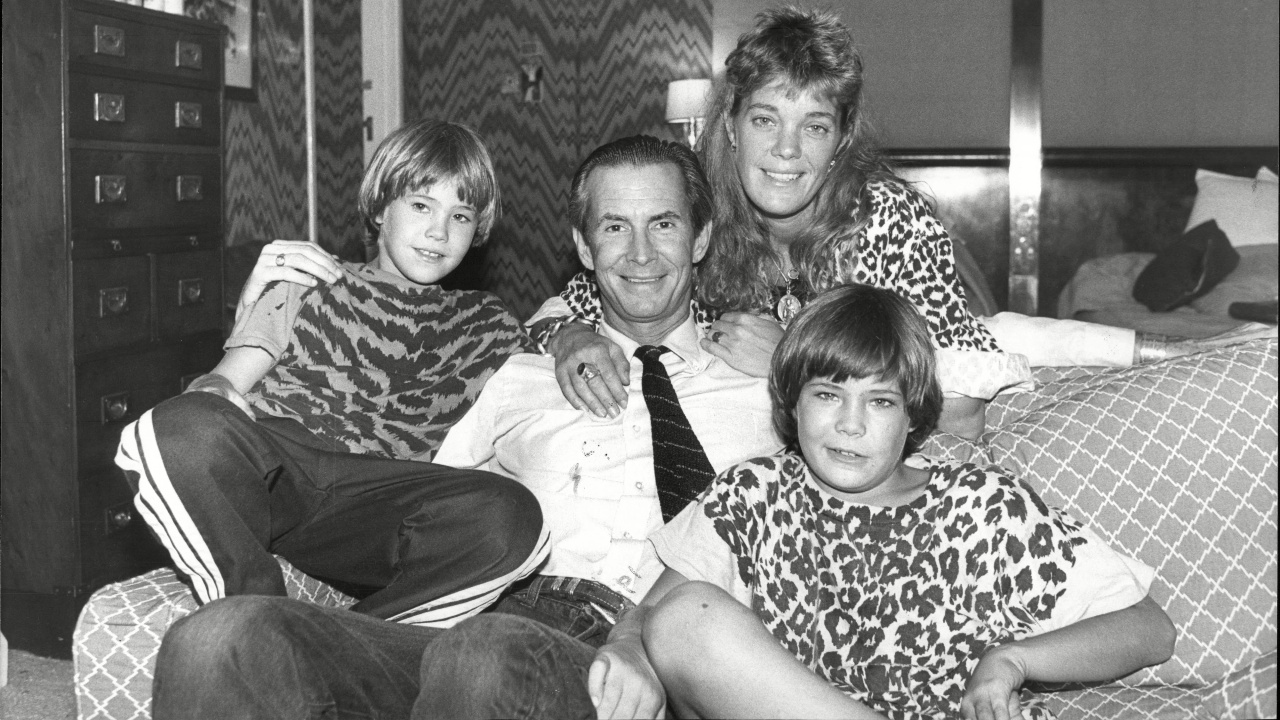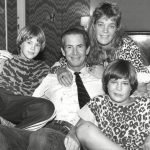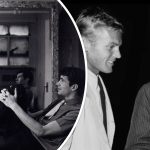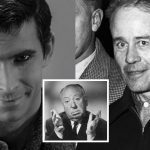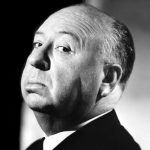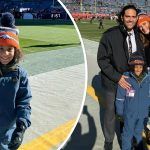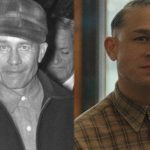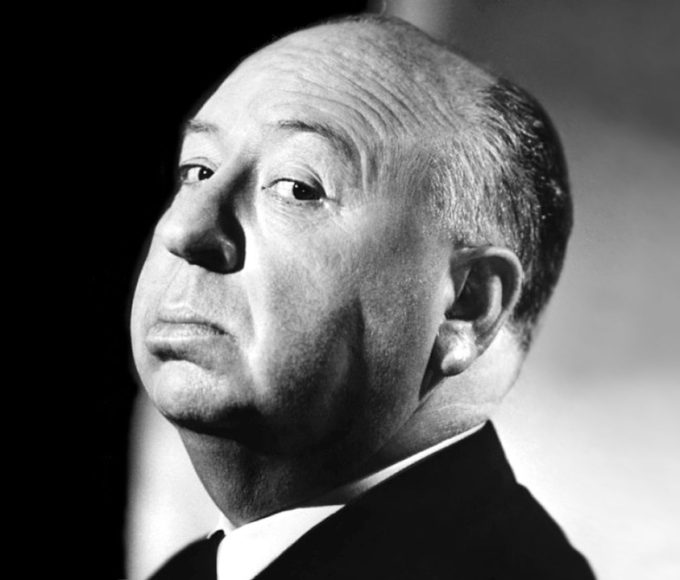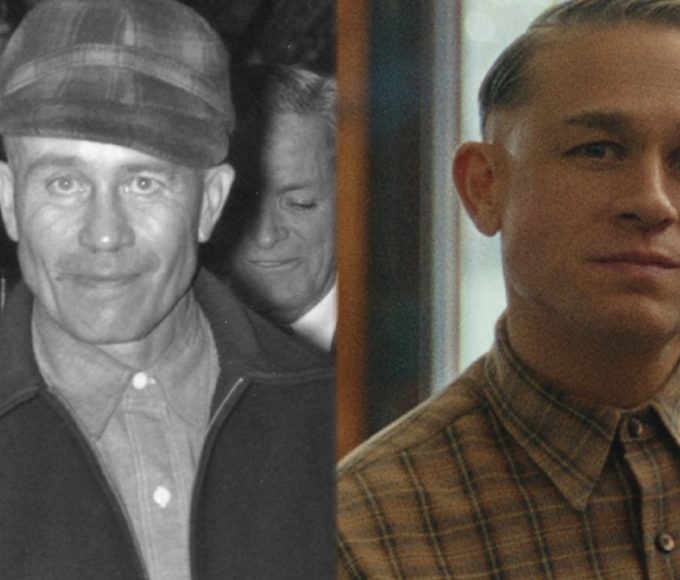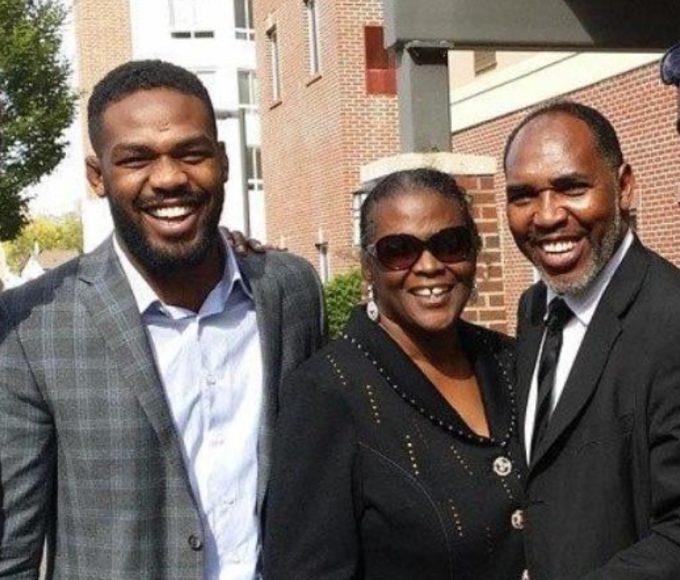The legacy of Anthony Perkins, the actor forever known as Norman Bates from Psycho, is a tapestry woven with both Hollywood glamour and profound personal tragedy. His story extends far beyond the silver screen, deeply intertwined with that of his wife, the talented photographer and actress Berry Berenson, and their two kids. Their family narrative is one of great love, overshadowed by two of the most devastating events of the late 20th and early 21st centuries. The Perkins family endured a loss that stunned the world, a heartbreaking echo of an earlier private sorrow.
Berry Berenson was far more than just a celebrity spouse; she was an accomplished artist in her own right with a fascinating lineage. Born into an artistic and aristocratic family, she was the granddaughter of the legendary fashion designer Elsa Schiaparelli and the sister of actress Marisa Berenson. Berry first made her name as a fashion photographer, with her work gracing the pages of major publications like Vogue, Life, and Newsweek.
She also pursued acting, sharing the screen with her husband in the 1978 film Remember My Name and appearing in other movies like Winter Kills and Cat People. Berry and Anthony married in 1973 and built a life together, raising their two sons, Oz and Elvis, and spending summers at their family home in Cape Cod.
A Partnership in Life and Legacy
Anthony and Berry’s marriage was a lasting one, lasting until his death, though it was marked by complexities that were an open secret within their social circle. For years, it was widely known that Anthony Perkins was gay and had previous relationships with men, including actor Tab Hunter and dancer Grover Dale. In the conservative climate of Hollywood at the time, this was something he felt compelled to hide from the public. According to friends and biographies, Berry was aware of his sexuality, yet their bond was strong and devoted. They created a family, and by all accounts, Anthony was a doting father who found new structure and joy in parenthood.
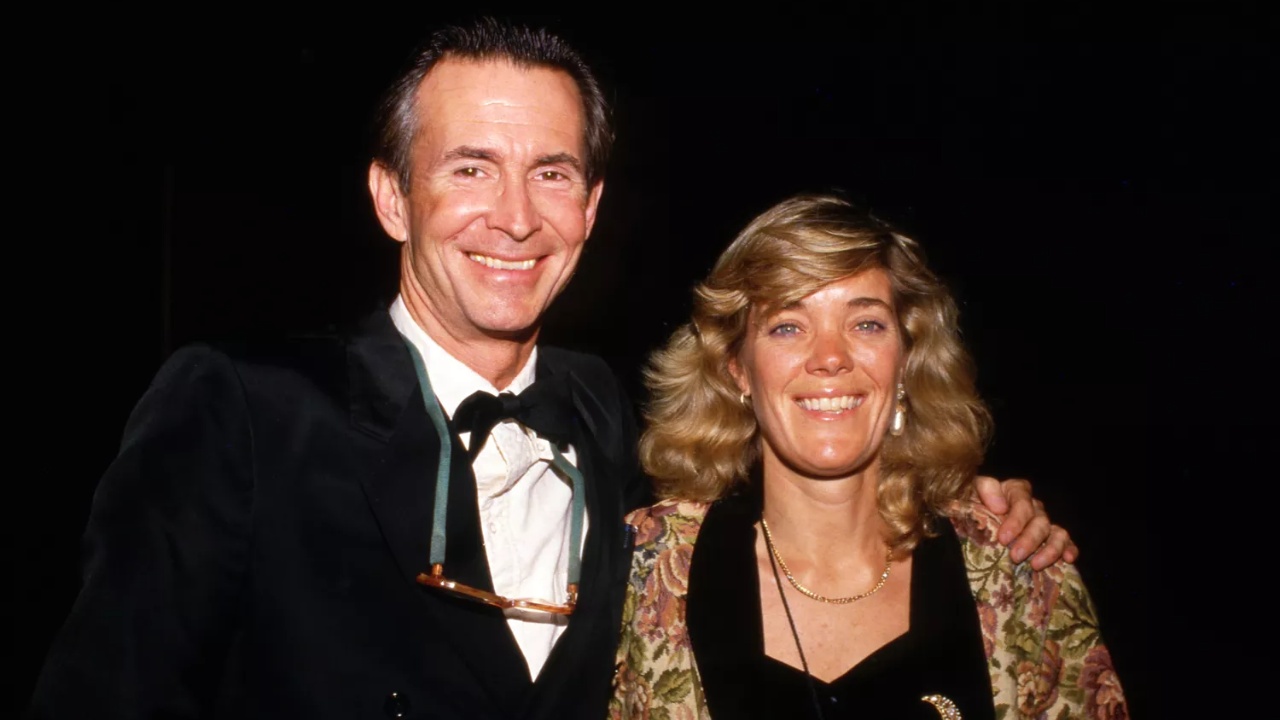
The family’s world was shattered in 1990 when Anthony was diagnosed with HIV. In a cruel twist, he reportedly discovered his status from a tabloid story after the National Enquirer illegally obtained and tested a blood sample he had given for a different medical reason. Berry stood by him, caring for him during his illness and bearing the tremendous burden of his secret until she finally confided in a few close friends to share their grief. Anthony Perkins died from AIDS-related pneumonia on September 12, 1992, at the age of 60.
A Second Unthinkable Loss
Just as the family was learning to live without Anthony, an even more public tragedy struck. On September 11, 2001, Berry Berenson was traveling home to Los Angeles after a vacation on Cape Cod. She was a passenger on American Airlines Flight 11. Tragically, the plane was hijacked by terrorists and deliberately flown into the North Tower of the World Trade Center. Berry passed away at the age of 53, her life ending exactly nine years after her husband’s passing. Her remains were never found, but her name is inscribed on the National September 11 Memorial at the North Pool, a permanent tribute among the thousands of victims.
The couple’s two children, Oz and Elvis, were left to navigate the world after losing both parents in such shocking and high-profile circumstances. Oz, whose full name is Osgood after his grandfather, followed his father into acting, even playing a young Norman Bates in Psycho II. He has since become an acclaimed director of horror films like Longlegs and Gretel and Hansel. His brother, Elvis, chose a different artistic path, establishing himself as a folk-rock musician.
Oz has spoken candidly about the difficulty of coping with such staggering losses, once saying, “I rambled for a long time.” The story of Anthony Perkins and his wife is ultimately a heartbreaking double tragedy, a tale of a family whose private sorrow was cruelly matched by a public horror, and of two sons who have persevered to carry their legacy forward.


